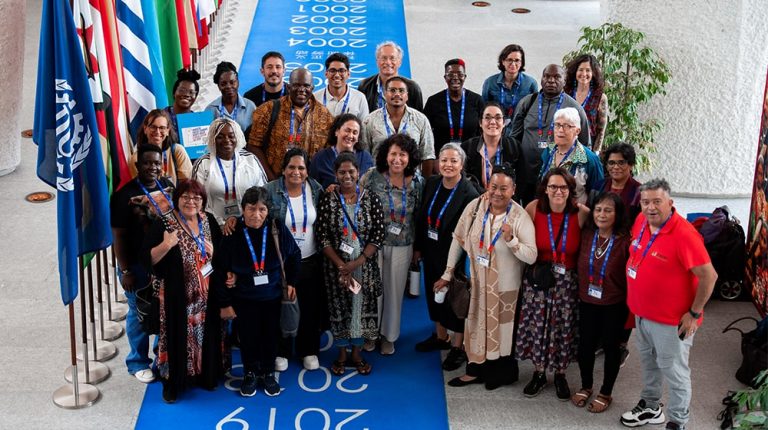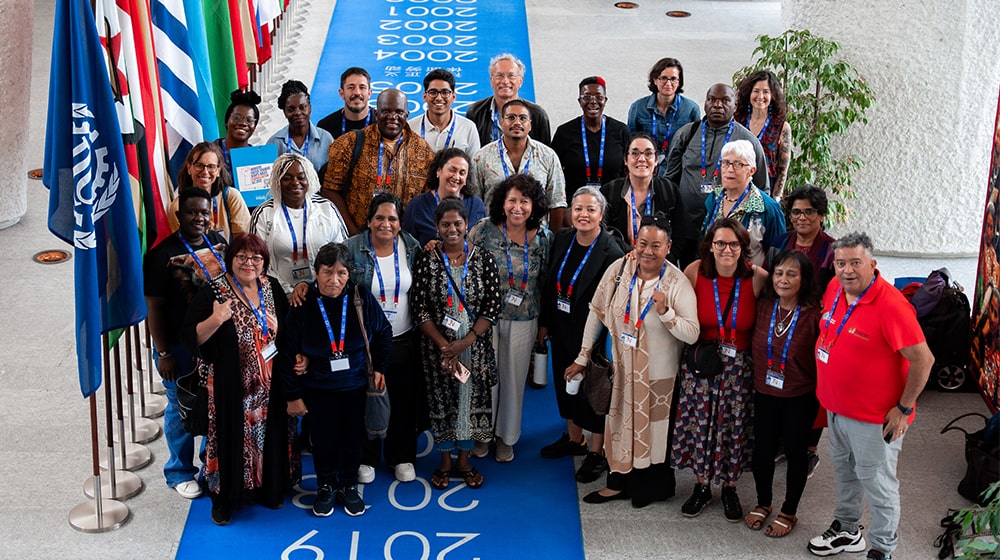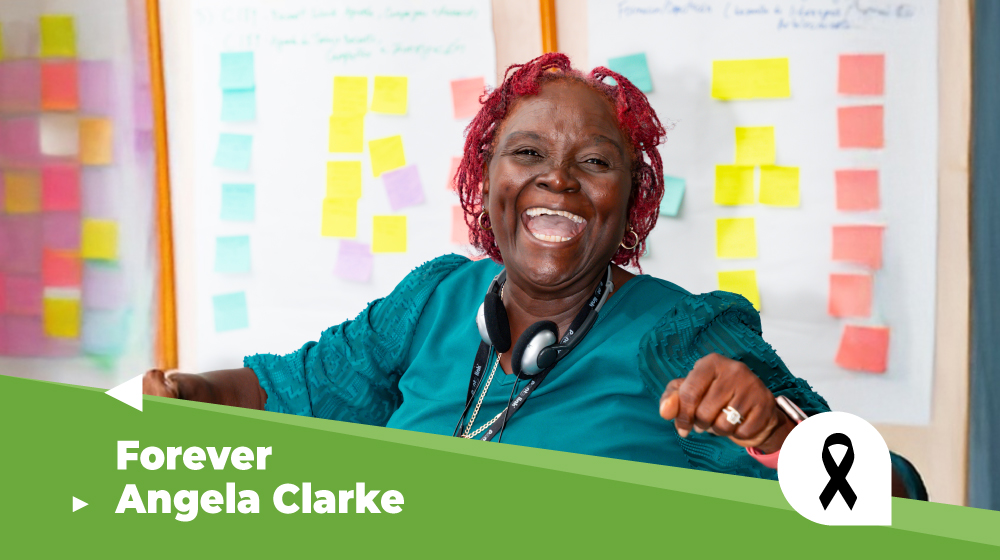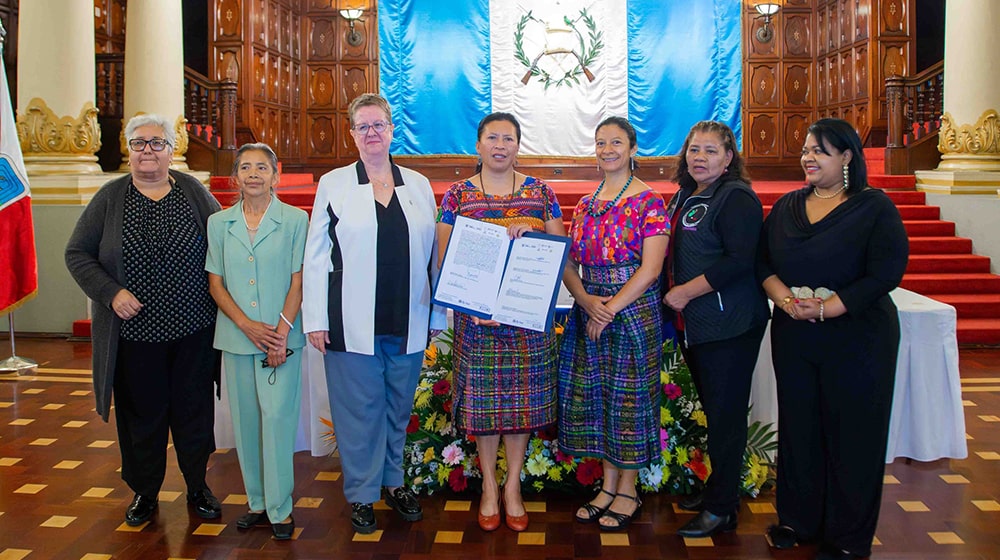
Following many years of advocacy from the domestic workers movement with the support of key partners, Thailand adopted a new regulation that extends several important protections to domestic workers that they were previously excluded from. However, the lack of access to social protection, the non-ratification of ILO Convention 189, and the vulnerability of migrant workers remain outstanding issues for the Thai government and a challenge that we will continue to address firmly until decent work becomes a reality for all DWs in the country.
The Thai Cabinet recently approved the new Ministerial Regulation 15 governing the working conditions for domestic workers, including migrants. Under the new legal framework, DWs will receive the daily minimum wage in line with other workers and are entitled to regular working hours (8-hour workday and 1-hour rest), annual leave, and personal leave. They will also have the right to 98 days of maternity leave, of which 45 will be paid. Employers are prohibited from compelling pregnant employees to work overtime or between 10 pm and 6 am, as well as terminating employment due to pregnancy. The MR 15 also establishes 30 days of paid leave for employees under 18 years old to attend education and training.
This achievement is the result of many years of advocacy efforts from our affiliate, the Network of Domestic Workers in Thailand (NDWT), in coordination with HomeNet and with the support of the International Labour Organization. Since 2018, the ILO TRIANGLE in ASEAN program has led a review process of the Thai legal framework related to DWs, bringing it closer in line with Convention 189. Yet, there are still issues to be addressed before DWs enjoy the same rights as other workers, including access to social security under Thailand’s Social Security Act.
“We are happy with the regulation. It’s a result of our campaign – NDWT leaders and members went to the Labour Office to fight for domestic workers’ rights. Employers often have full authority over us – they can do anything to us. But now employers cannot do that anymore. We will have more rights covered by law. The most important part of Regulation 15 is the 8-hour workday. However, we have not fully reached our goal yet. We haven’t got Article 33 to get social protection. We haven’t got C189 ratified. Now these are our next goals.”
Kanyapha Prasopsuk, NDWT’s Chairperson.
One of the key dimensions of decent work is access to social security, which is still far from a reality for most DWs in Thailand. In fact, data shows that close to 80 percent of DWs directly employed by households are not registered under the Social Security Fund. The current system excludes them from the mandatory provisions of the Social Security Act (section 33), meaning that employers cannot register their workers. The only option is for DWs to register themselves in the voluntary scheme (section 40), which provides a lower scope and level of protection, not including, for instance, work injury, maternity, and pensions. Under this arrangement, only the worker must contribute, freeing the employer from any responsibility. Plus, section 40 is not available for migrant DWs, which means that a large majority of DWs is completely excluded from any access to social security, except for the voluntary Migrant Health Insurance scheme.
Domestic workers play an increasingly critical role in caring for Thai families and households, with a rapidly aging population and a growing economy. The number of DWs in the country has risen by almost a third in recent years: according to the Informal Economy Survey (IES), in 2018 there were nearly 290,000 DWs, with seven out of ten being women. The migration of DWs to Thailand has also increased over the years: around 150,000 migrant DWs, mainly from Laos, Myanmar, Vietnam, and Cambodia, are covering the deficits in public care services and the shortage of national labor in the care sector. Most of them enter Thailand through irregular channels, because many countries of origin do not yet have mechanisms that facilitate regular migration for domestic work.
Despite domestic work being crucial for the functioning of society and an important source of employment for women in Thailand, DWs -especially migrants- have been largely excluded from labor protections. Therefore, the majority work long hours and about half of them earn below the minimum wage. Although the MR 15 significantly improves the legal protection of the sector, it is essential to ensure its effective enforcement and to continue fighting for access to social protection and the ratification of C189. In this regard, the role of NTDW and HomeNet is crucial, as they have been at the forefront of advocating for legal change while simultaneously organizing workers and providing them with direct support and capacity-building empowerment. They also regularly hold seminars with employers and have worked with the Employers Confederation of Thailand (ECOT) to develop a Code of Conduct and a Standard Employment Contract.
From the IDWF, we will continue to support the efforts of our affiliates and promote social dialogue and collective bargaining as indispensable elements for securing rights for domestic workers while contributing to the construction of more just and sustainable societies where no one is left behind.







